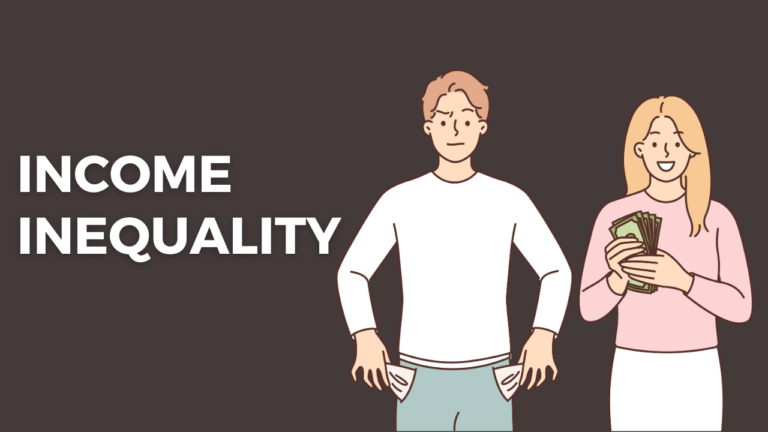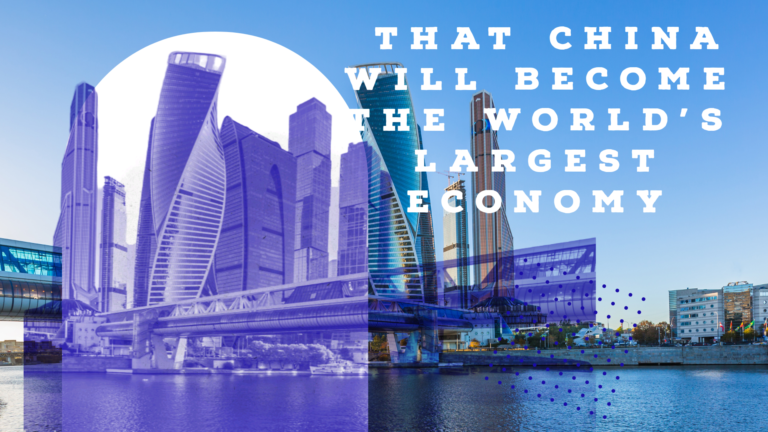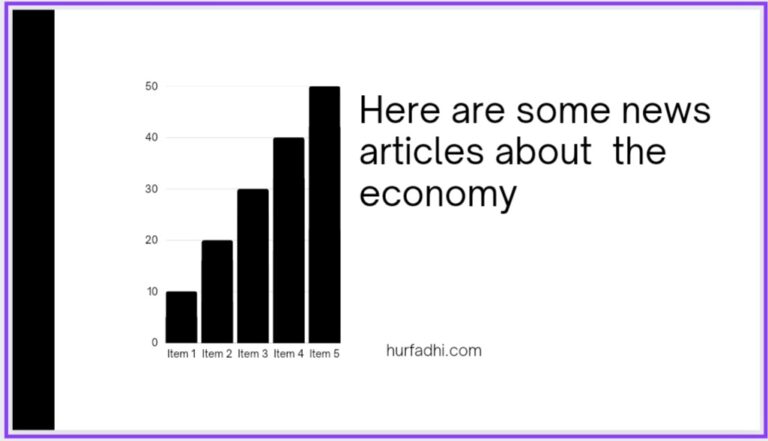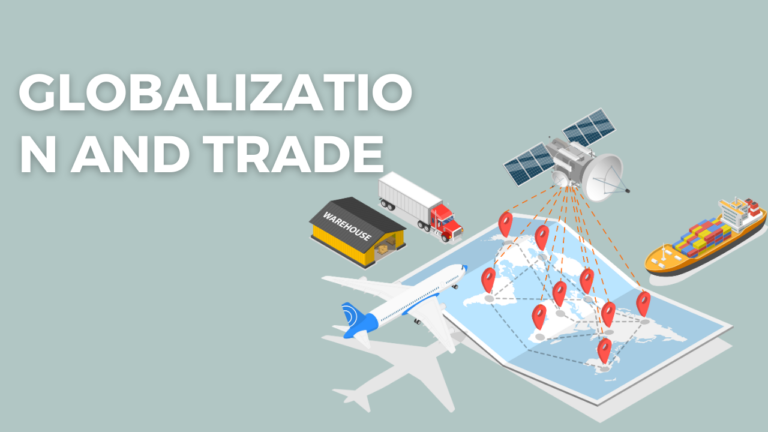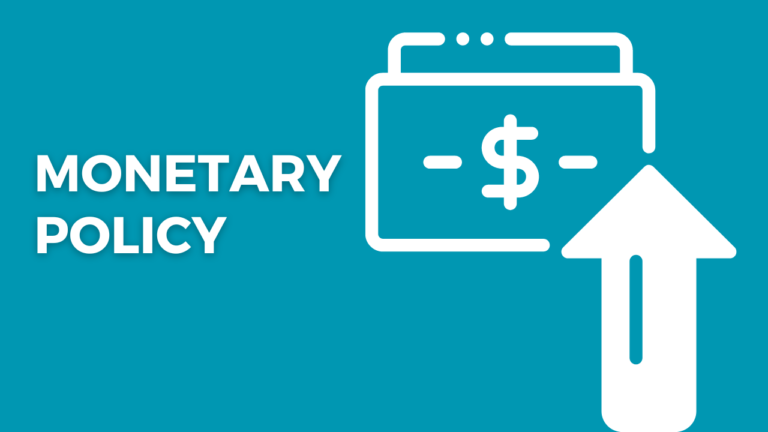Sustainable Development
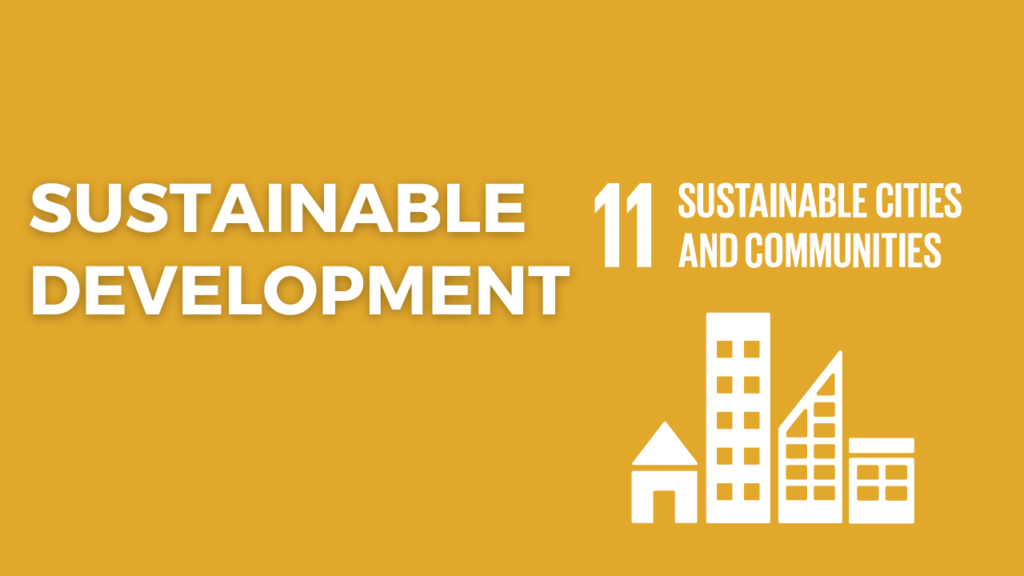
Sustainable Development refers to a holistic approach to societal progress that seeks to balance economic growth, social equity, and environmental protection. It aims to meet the needs of the present generation without compromising the ability of future generations to meet their own needs. The concept gained prominence with the publication of the Brundtland Report, also known as the “Our Common Future” report, by the World Commission on Environment and Development in 1987.
Key principles of sustainable development include:
- Environmental Stewardship: This principle emphasizes the responsible management of natural resources to ensure their availability for future generations. It involves minimizing pollution, conserving biodiversity, and reducing the ecological footprint.
- Economic Prosperity: Sustainable development seeks to foster economic growth that is inclusive and doesn’t harm the environment. It promotes equitable distribution of wealth and resources to reduce poverty and enhance the overall well-being of society.
- Social Equity: This principle focuses on ensuring that development benefits all members of society, regardless of their social, economic, or cultural backgrounds. It aims to reduce inequalities in access to education, healthcare, employment, and other essential services.
- Inter-generational Equity: This principle highlights the need to make decisions today that preserve the planet’s resources and ecosystems for future generations. It encourages long-term thinking and responsible decision-making.
- Participation and Collaboration: Sustainable development emphasizes involving stakeholders, including communities, businesses, governments, and non-governmental organizations, in decision-making processes. Collaboration among different sectors is crucial to finding effective and inclusive solutions.
- Integrated Approach: Rather than addressing economic, social, and environmental issues in isolation, sustainable development calls for an integrated approach that recognizes the interconnectedness of these factors. Policies and actions should consider multiple dimensions simultaneously.
Sustainable Development Goals (SDGs), also known as the Global Goals, were adopted by all United Nations Member States in 2015 as a universal call to action to end poverty, protect the planet, and ensure prosperity for all by 2030. There are 17 SDGs, which cover a wide range of issues including poverty, hunger, health, education, gender equality, clean water, affordable and clean energy, decent work, sustainable cities, climate action, and more.
Achieving sustainable development requires a shift in mindset, policy-making, and individual behavior. It involves finding innovative solutions that balance economic growth with environmental and social considerations to create a better future for everyone.
Sustainable Development refers to a holistic approach to societal progress that seeks to balance economic growth, social development, and environmental protection to meet the needs of the present without compromising the ability of future generations to meet their own needs. The concept of sustainable development gained significant prominence after the publication of the Brundtland Report, also known as the “Our Common Future” report, by the United Nations World Commission on Environment and Development in 1987.
Sustainable development involves considering the interconnectedness of economic, social, and environmental factors, and it aims to achieve several key goals:
- Economic Prosperity: It involves promoting inclusive economic growth, job creation, and poverty reduction while ensuring that resources are used efficiently and responsibly.
- Social Inclusion: Sustainable development strives to create societies where all individuals have access to basic services, education, healthcare, and equal opportunities, irrespective of their background or socioeconomic status.
- Environmental Stewardship: This principle emphasizes the responsible use of natural resources, minimizing pollution, and preserving ecosystems to maintain a healthy planet for current and future generations.
- Institutional Resilience: Sustainable development requires strong governance structures, transparent policies, and effective institutions that can facilitate collaboration among various stakeholders including governments, businesses, non-governmental organizations, and communities.
To achieve sustainable development, the United Nations adopted the 2030 Agenda for Sustainable Development in 2015, which includes 17 Sustainable Development Goals (SDGs) with a total of 169 targets. These goals encompass a wide range of issues including poverty, hunger, health, education, gender equality, clean water, affordable and clean energy, decent work, climate action, and more. The SDGs provide a framework for global collaboration and action to address some of the most pressing challenges facing humanity.
Sustainable development requires a shift in mindset and practices at individual, community, corporate, and governmental levels. It involves making choices that consider both short-term gains and long-term consequences. Achieving sustainable development requires innovation, cooperation, and a commitment to finding solutions that balance economic, social, and environmental concerns.

